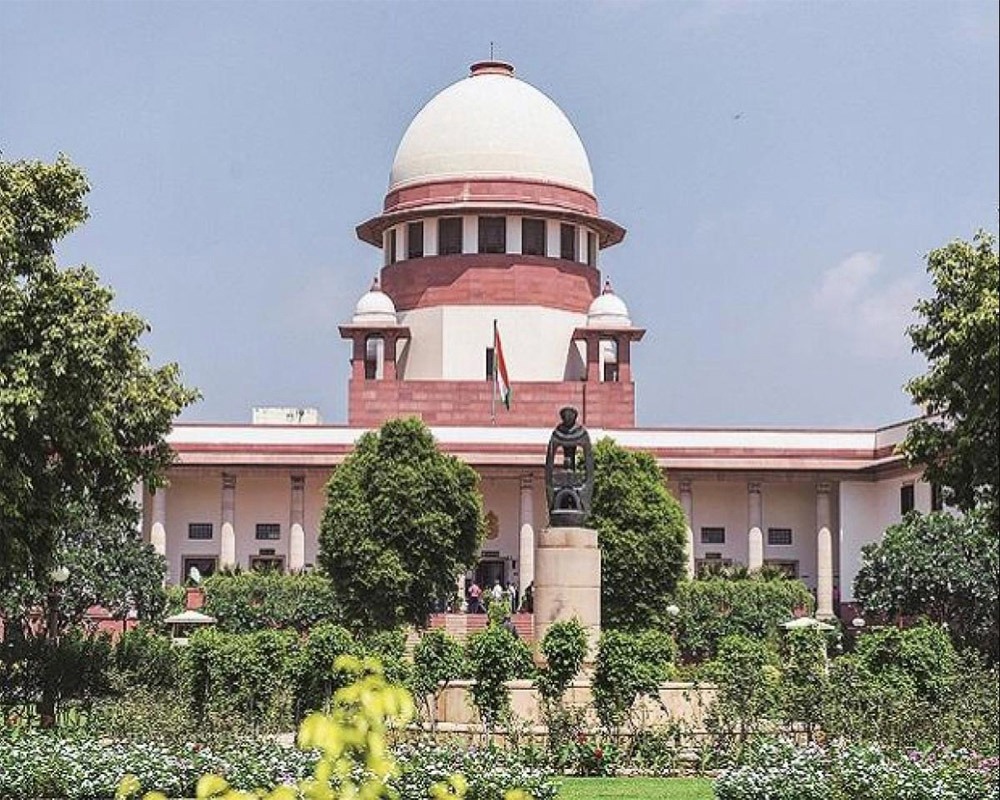The Union Finance Ministry report suggests economy is going through a slow patch to touch the lowest GDP growth of 7 percent in five years.
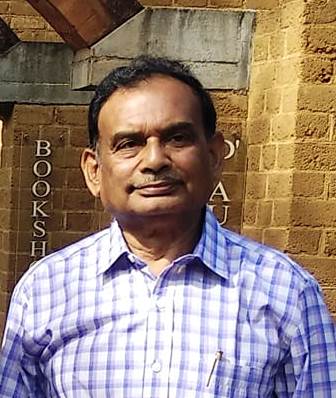 Shivaji Sarkar
Shivaji Sarkar
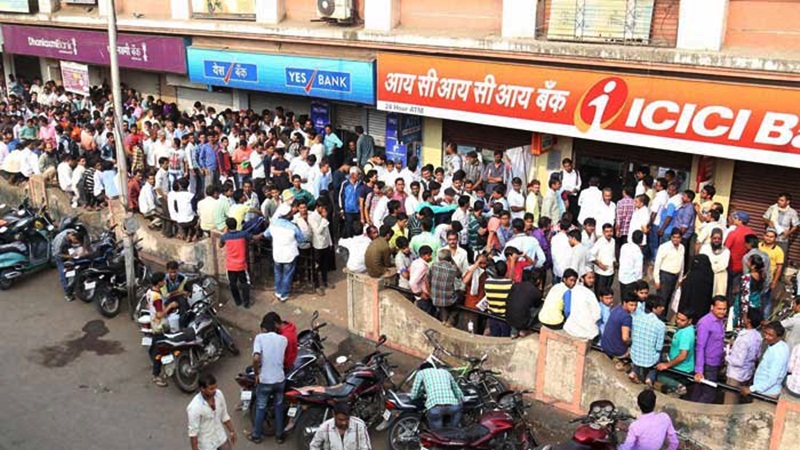
Surprisingly, the Lok Sabha elections are discussing the nation’s problems on a low key. The socio-economic situation is difficult despite 431 programmes of the NDA government. The Opposition is either too dazed or lukewarm to the realities, much to the delight of the ruling combine.
The voters are wondering whether the political parties need a reorientation or not. Or does the nation need a new set of political parties? This election is more about accusations about the past non-issues. The 2014 polls had vibrant discussion on the UPA performance, triggering motivation among the voters. That’s the right process and shows the vibrancy of political parties.
One assumption may be the nation is devoid of issues. The other may be that those supposed to run the country are oblivious, ignorant or plain simple negligent. There are issues both good and not so good. But where is the debate?
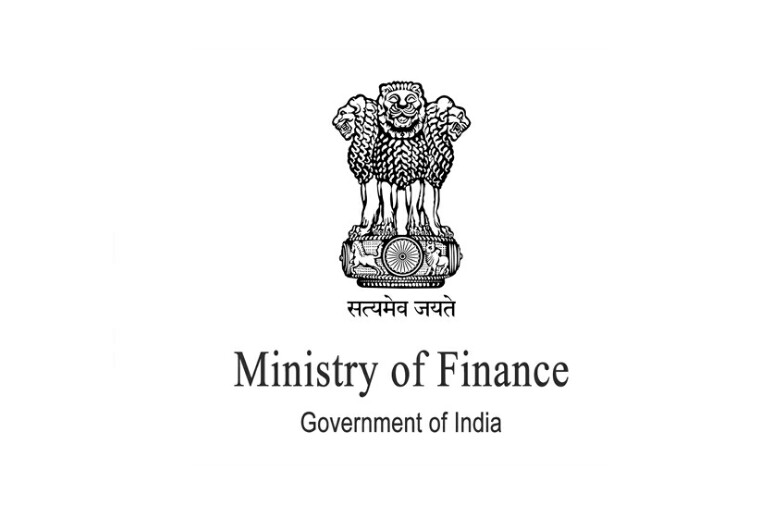
The Union Finance Ministry report suggests economy is going through a slow patch to touch the lowest GDP growth of 7 per cent in five years. Reports of National Sample Survey Office (NSSO) tell us about problems of new series of GDP calculations. The banks are still to come out of the NPA and deposit crisis. Even savings are hit.
Jobs are eluding people since the 1991 liberalisation and pro-corporate policies. None even raise the issue that the process of economic liberalisation itself is not that liberal. It is a portent time to discuss the shape of a new economy, agriculture and education, which is not being seen or heard.
Recall, the Left parties used to raise portent issues — be it on telecom, coal, power or poverty. However, the weakening of their political base has eroded that. The BJP used to be vociferous and rake up vibrant issues and the then ruling Congress, forgetting its 1960s vibrancy, was left putting up a weak defence.
The nation finds it difficult to fathom why a party in government has to defend the weaknesses, many of which are the creation of a bureaucratic process. A party in Opposition suddenly changes its colours once in the saddle. These defend what they have been demolishing till a day back, which undoubtedly calls for a debate on the role of political parties. India has to be different and so also the party with a difference has to rethink.
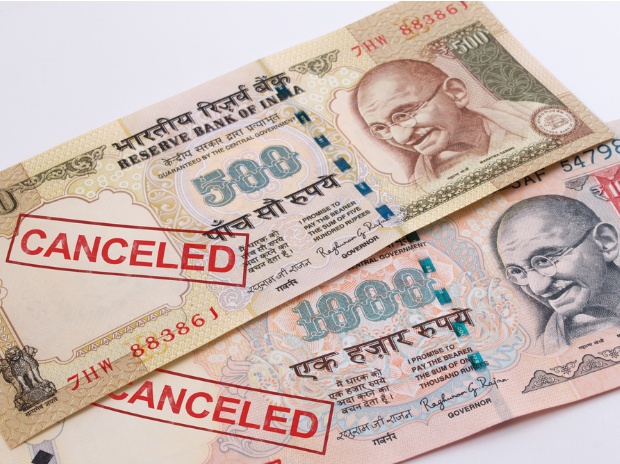
Demonetisation has been a critical, if not harsh decision. Keeping in tune with the character of a ruling party, officially its impact was not discussed. The wonder is that the Opposition failed to put forth the problems before the people, which they instead privately discuss. It has raised a moot question: whether the Opposition is in cahoots or is so ignorant that it cannot be handed over responsibility of governance.
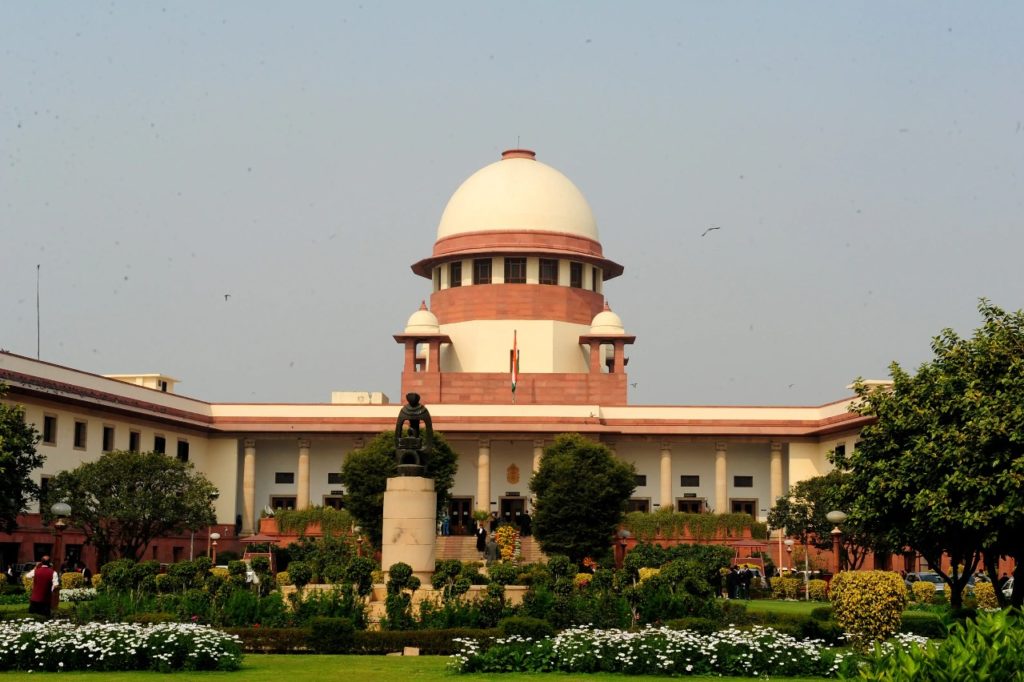
The pros and cons have yet to be documented. The note-ban, however, is known to have jerked the economy, added to problems of bank functioning, bank charges have become atrocious and many sectors were badly hit. It even did not answer how the Government itself could renege on its promise of paying for each of the currency note. None raised it.
The GST –one nation tax – notionally is fine. The reality is that many States have different taxes, petrol continues with a complex tax and GST on small trades, accounting process is affecting, possibly eliminating the entrepreneurs and small business operators. It has jolted the voluntary organisations as their meagre collections are being taxed and has raised their cost.
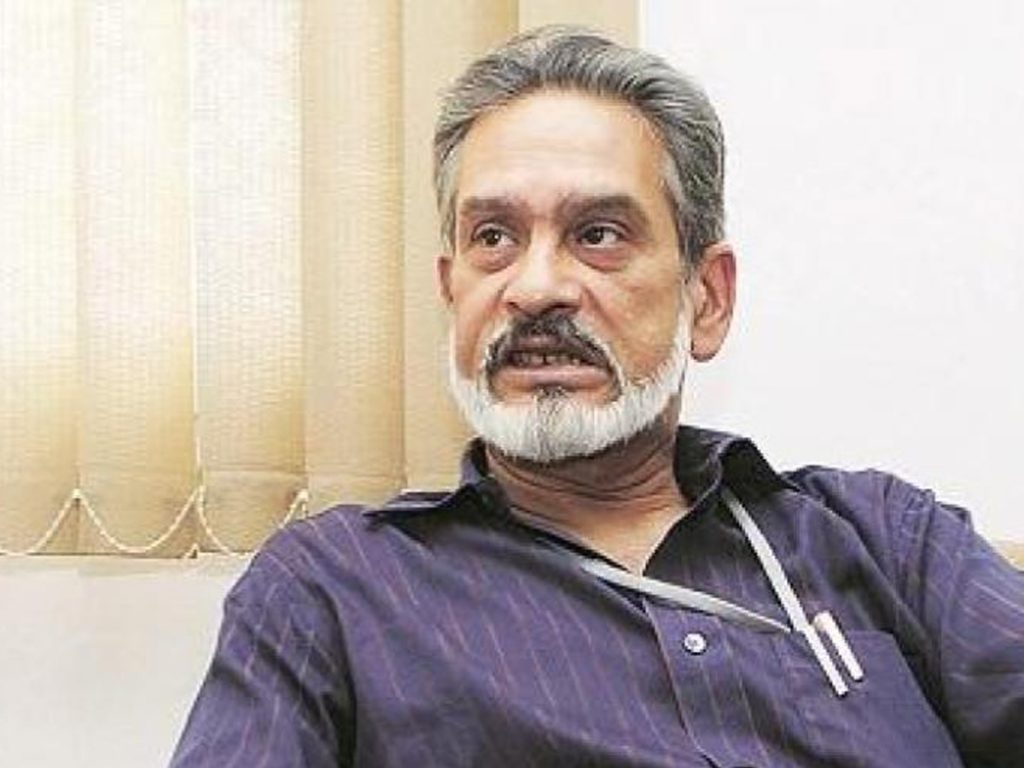
Rightfully, former Chief statistician Pronob Sen has commented that post demonetisation and the GST roll-out, the non-corporate sector has been hit, which is clearly showing. All these have hit liquidity, adding to the cost of banks and the RBI, which has to continuously monitor. The Bimal Jalan or UK Sinha committees have not suggested exact solutions.
Further, the new inflation indices are being accused of camouflaging inflation. The low indices figures are stated to conceal more, which may suit propaganda but it diverts the process of debate and discussion. Besides, it has added to the problem of savings, which are not being rewarded. Pronob Sen noted the decline in the share of household savings and officially savings have become a bad word. Actually household savings fund the borrowing needs of government and the corporate, which don’t savings.
With artificial inflation figures, rewarding the corporate through interest rate cut has become the norm, forgetting that the huge NPA and bank crisis is a creation of the wilful corporate default. As of December 2018, wilful defaults have soared to Rs 161,213 crore from Rs 39,504 crore in March 2014 — a rise of Rs 121,700 crore, according to Transunion Cibil, a credit information company. The SBI alone has Rs 39,471 crore of defaults. These are 11,000 borrowers, who have financial wherewithal to repay the debt.
The NPAs have hit the poor and geriatric savers. They are paying high bank charges and are forced to accept low interest rates. Ironically, low interest rates reduce the liabilities of the defaulters and they are even rewarded with waivers. Remember, if household saving go down, it would either pull down investments or raise the current account deficit.
The Opposition has never raised the issue, which is critical for nation building. That is called patriotism! The nation has encouraged this habit of savings through intense propagation through 1950s to 1970s. If one forgets the history, one has to pay for it.
Add to this, the recent scam of road building-toll-IL&FS, which should have become a hot political issue. It’s a minimum of Rs 90,000-crore loss with wide ramifications extending to different corporate. Monetary policy itself to reward the corporate despite Rs 15 lakh crore, if not more, bank scams is questionable. Nobody has answered why interest rates have to be cut when the prices in reality are rising.
The Supreme Court has come down heavily on corporate and real estate companies such as Jaypee and Amarapali. In fact, its recent apprehension on penetration of the corporate into the court system has rattled the nation.
Then there is agriculture, forestry and fishing which is giving less returns, at 2.7 per cent growth against projected 4.6 per cent, as per CSO. Likewise private consumption has declined though government expenses have soared. Tax collections too are falling. The real exchange rate rise, exports crisis, US sanctions and actions on tariff, European Union cutting its growth rate are other potential problems.Sadly, the dormant political system has not cared about the many challenges afflicting the country. The nation must wake up to reform the parties thriving on rhetoric and instead take the country out of a difficult situation.



